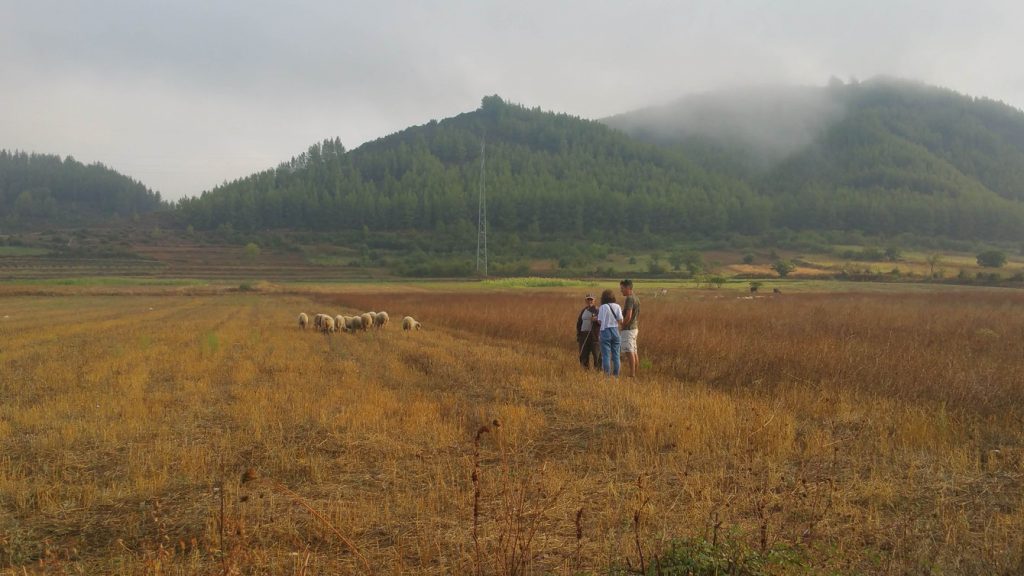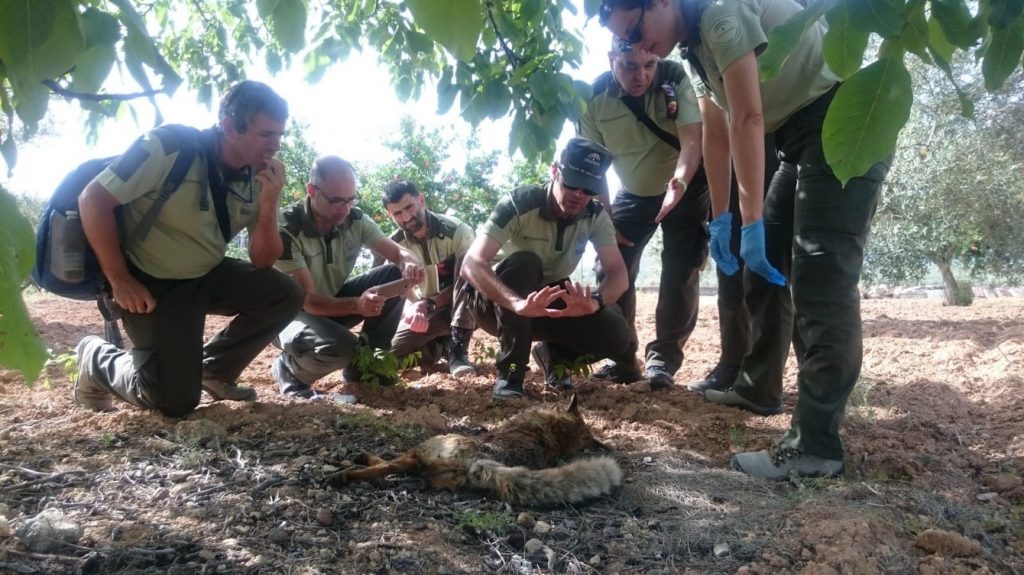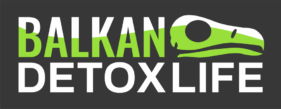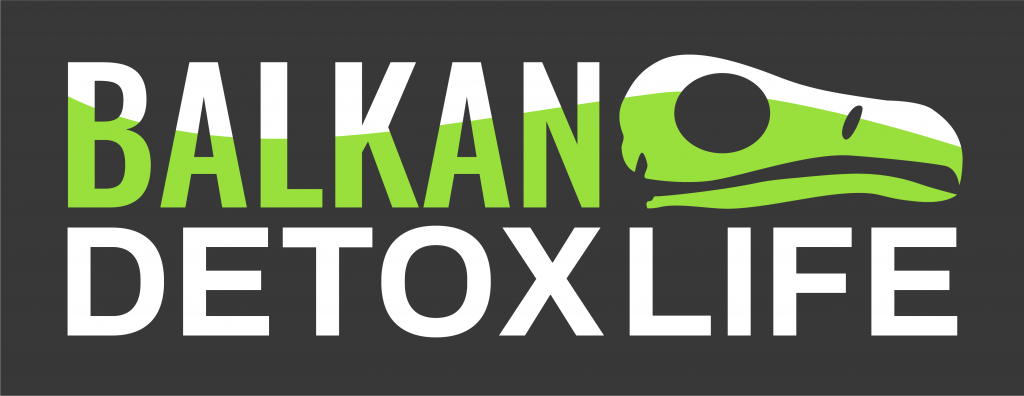Actions
The BalkanDetox LIFE project endeavours to implement several targeted actions to tackle the threat of wildlife poisoning across seven Balkan countries. Preparatory actions will better understand the problem’s scope, allowing the team to prioritize conservation and preventative measures. Among others, concrete actions include the reinforcement of institutional capacities, establishment of relevant databases and networks, adaption of GPS tracking for improved detection and prevention of potential poisoning incidents while simultaneously monitoring the performance of project actions.
Preparatory Actions

Analysis of the problem
The preparatory actions will focus on studying wildlife poisoning in the region by collecting, compiling and analyzing all available data about this practice. This action will give the project team a clear insight into the scope of the problem, drivers behind this practice, substances used and locations where poisoning incidents most frequently occur (hotspots), enabling us to plan and prioritize where and how to implement conservation and preventive measures.
Establishment of working groups
The establishment of official National Anti-Poison Working Groups in Albania, Bosnia & Herzegovina, Croatia, Greece, the Republic of North Macedonia and Serbia will occur at the beginning of the project. The Groups will consist of representatives from relevant stakeholders, including law enforcement, veterinary, toxicology, judiciary and NGOs. Their endorsement by relevant institutions is a crucial step in forming a solid foundation for anti-poison work. They will be the driving force for the improvement of official procedures for the management of poisoning incidents.
Implementation Actions

Development of protocols
Develop and endorse operational protocols for investigation, forensic wildlife necropsy and toxicology and jurisdiction procedures (chain of custody) by the National Anti-Poisoning Working Groups, based on national law and best practice examples from Spain to increase the efficiency of institutions in managing poisoning incidents.
Adoption of National Anti-Poisoning Road Maps
Update and adopt existing National Anti-Poisoning Road Maps in each of the target countries. The authorities' official adoption of these documents ensures the sustainability of anti-poison efforts invested, as its implementation will continue after the project ends.
Establishment of national databases
Establish national databases containing all wildlife poisoning incidents to monitor changes in the frequency of occurrence of poisoning incidents, patterns of this practice and, more importantly, the effectiveness of implemented conservation actions. These national databases will be integrated into regional databases, making information exchange between stakeholders at the regional level much easier.
Investigation of toxic substances
Investigate the origin of legal and illegal toxic substances used in poisoning with poison baits, including production and commercialization, through joint efforts with phytosanitary and environmental inspections.
Implementation of GPS tracking to tackle poisoning incidents
Use GPS tracking for improved detection and prevention of potential poisoning incidents in the environment by marking 25 Griffon Vultures of the Balkan population. The monitoring of the tagged birds will provide information about their behaviour and movements. Based on this information, the project team will develop an early warning system app for the enforcement agents from each project country.
Reinforcement of institutional capacities
Reinforce institutional capacities and prosecution efficacy of poisoning incidents by providing specific training for law enforcement officials and staff relevant for investigation procedures of wildlife poisoning cases, forensic wildlife necropsy, and toxicology to strengthen their commitment to combating this problem significantly increase the efficiency of their work. Additionally, the project will organize specific workshops concerning the severity of wildlife poisoning, targeting public prosecutors and judges.
Improvement of cooperation
Establish a Balkan network for transborder cooperation regarding the investigation of wildlife poisoning incidents, enabling the exchange of experience among enforcement agents, forensic veterinary pathologists and toxicologists, public persecutors, judges and lawyers.
Dissemination of results and awareness raising
Develop targeted communication activities to raise awareness about the different aspects of illegal wildlife poisoning, targeting the general public and key stakeholders to help tackle this threat. To do so, the project will establish educational programmes in poisoning hotspots combating the root causes behind this practice and engaging with the most important stakeholders involved. Additionally, BalkanDetox LIFE will implement a strong awareness campaign using various tools and channels to communicate the damaging effects of poisoning on nature, wildlife and human health, labelling the practice as a socially unacceptable behaviour. Furthermore, the project team will network with other LIFE projects that address the issue of wildlife poisoning and the coordinating unit of the Multi-species Action Plan to Conserve African-Eurasian Vultures (Vulture MsAP) to ensure exchange of knowledge, experience and best practice.
Evaluation of project actions
Assess the impact of project actions by monitoring stakeholders' performance relevant to the investigation of poisoning incidents. Also, by evaluating the change of perception about poison use for eradicating wildlife and other animals. Finally, monitor the socio-economic impact of the project.

